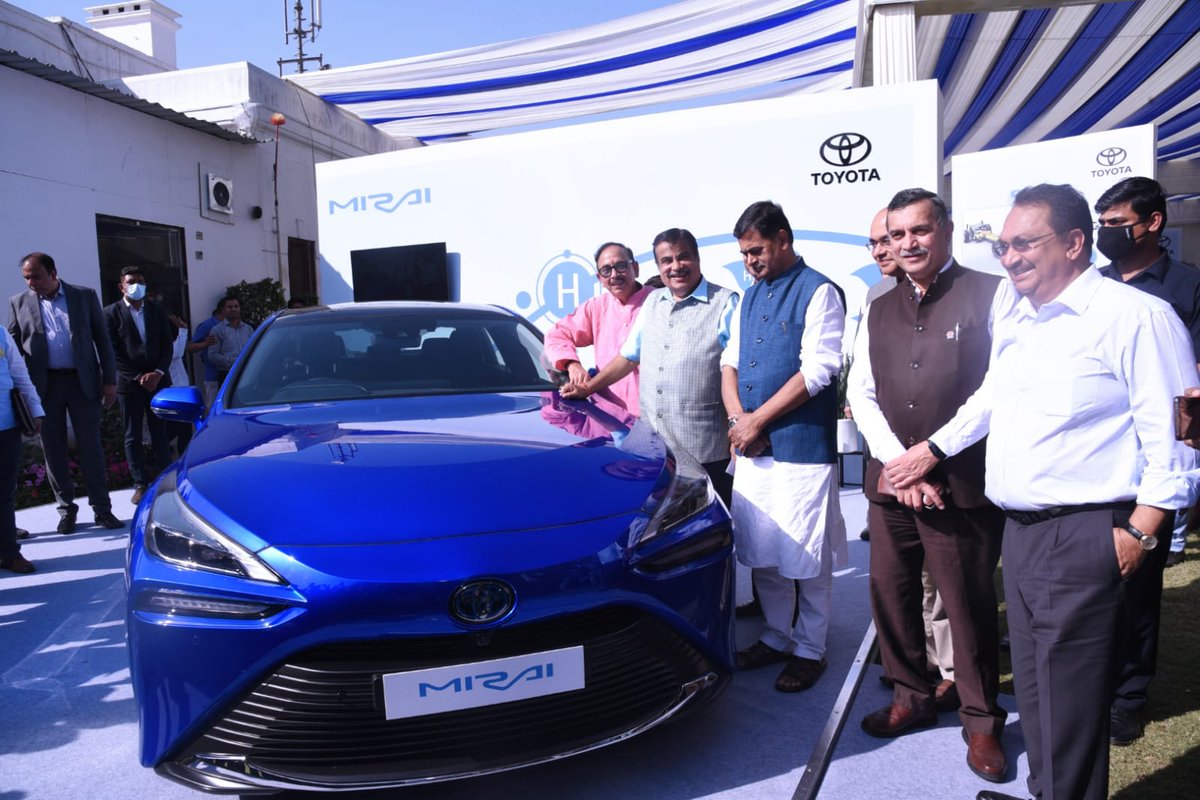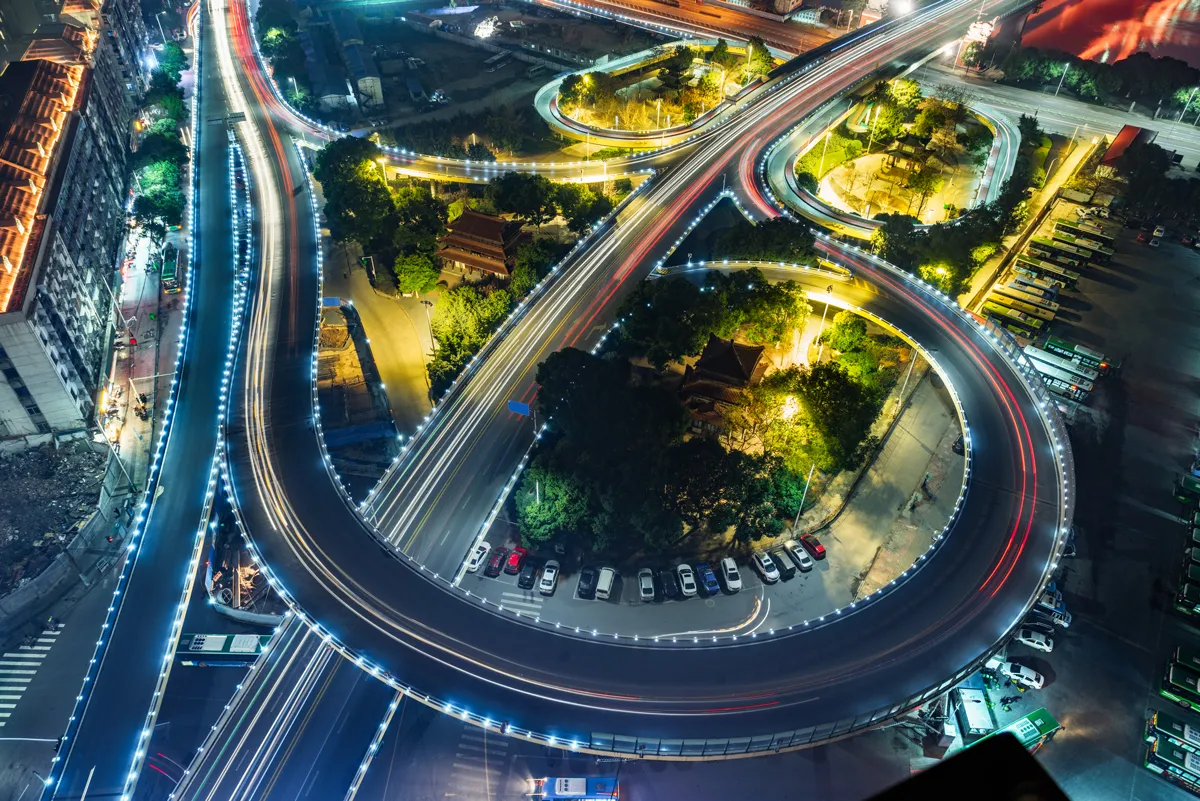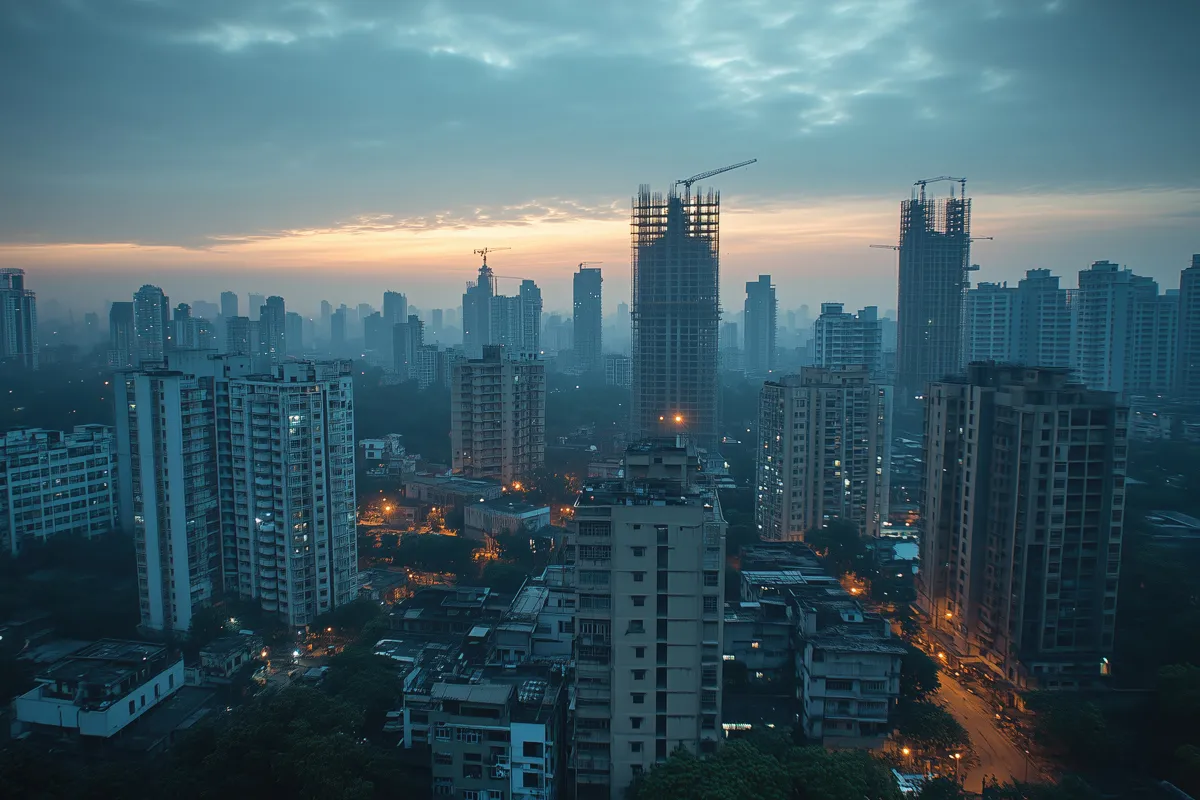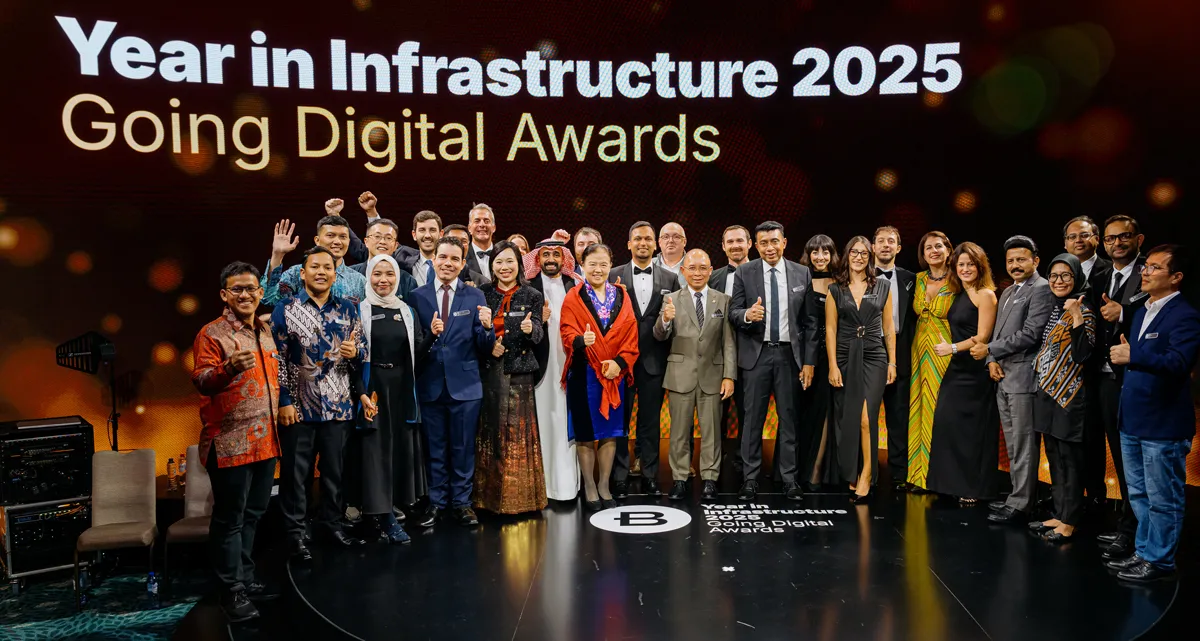
Gadkari launches green hydrogen-based FCEV Toyota Mirai

Smart Roads, Smarter India
India’s infrastructure boom is not only about laying more kilometres of highways – it’s about building them smarter, safer and more sustainably. From drones mapping fragile Himalayan slopes to 3D machine-controlled graders reducing human error, technology is steadily reshaping the way projects are planned and executed. Yet, the journey towards digitisation remains complex, demanding not just capital but also coordination, training and vision.Until recently, engineers largely depended on Survey of India toposheets and traditional survey methods like total stations or DGPS to prepare detai..

What Does DCPR 2034 Mean?
The Maharashtra government has eased approval norms for high-rise buildings under DCPR 2034, enabling the municipal commissioner to sanction projects up to 180 m on large plots. This change is expected to streamline approvals, reduce procedural delays and accelerate redevelopment, drawing reactions from developers, planners and industry experts about its implications for Mumbai’s vertical growth.Under the revised DCPR 2034 rules, buildings on plots of 2,000 sq m or more can now be approved up to 180 m by the municipal commissioner, provided structural and geotechnical reports are certified b..

Driving Infrastructure Forward with Trustworthy AI
At its Year in Infrastructure 2025 conference in Amsterdam, Bentley Systems reaffirmed its vision for trustworthy AI and connected digital ecosystems shaping the future of infrastructure engineering. The company unveiled AI-powered design applications and Bentley Infrastructure Cloud Connect, a unifying platform connecting data, workflows and professionals across the project lifecycle.“AI is poised to transform infrastructure,” said Nicholas Cumins, CEO, Bentley Systems. “At Bentley, our vision is for AI to empower engineers – not replace them. Trustworthy AI, built on infrastruct..
















